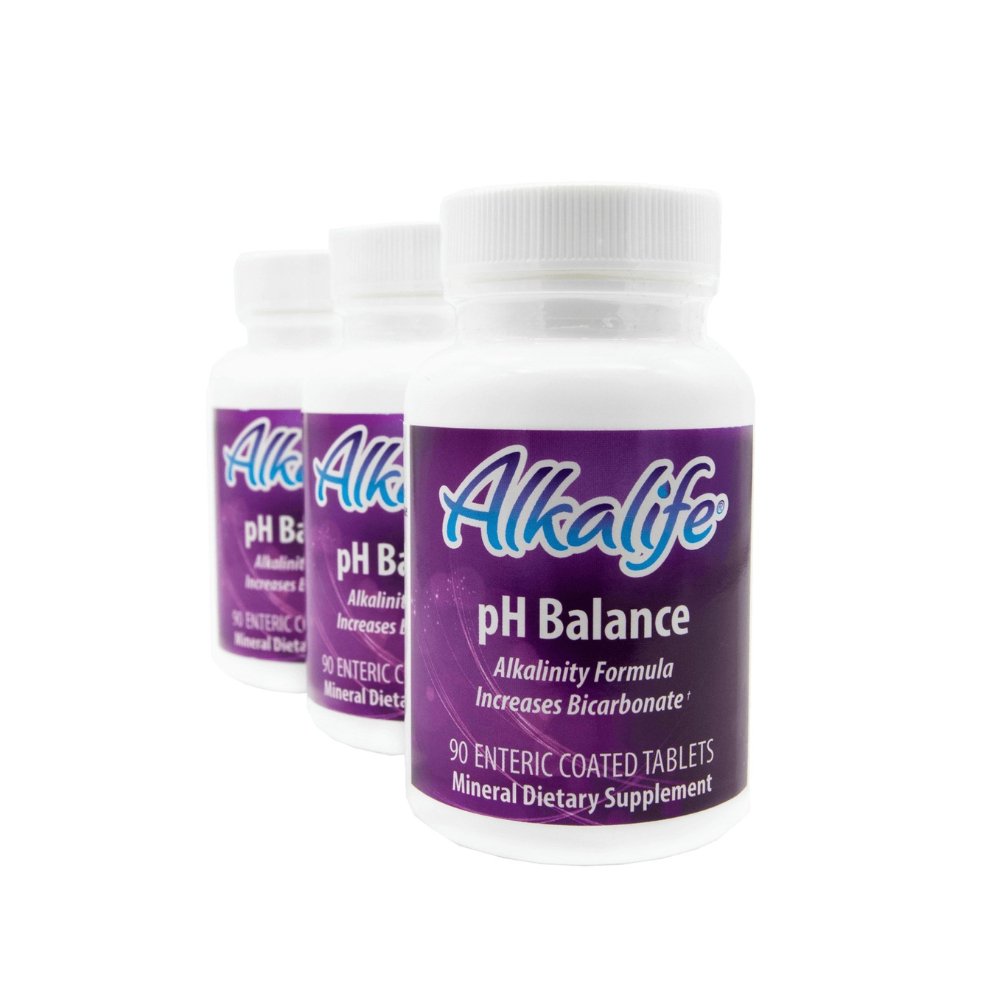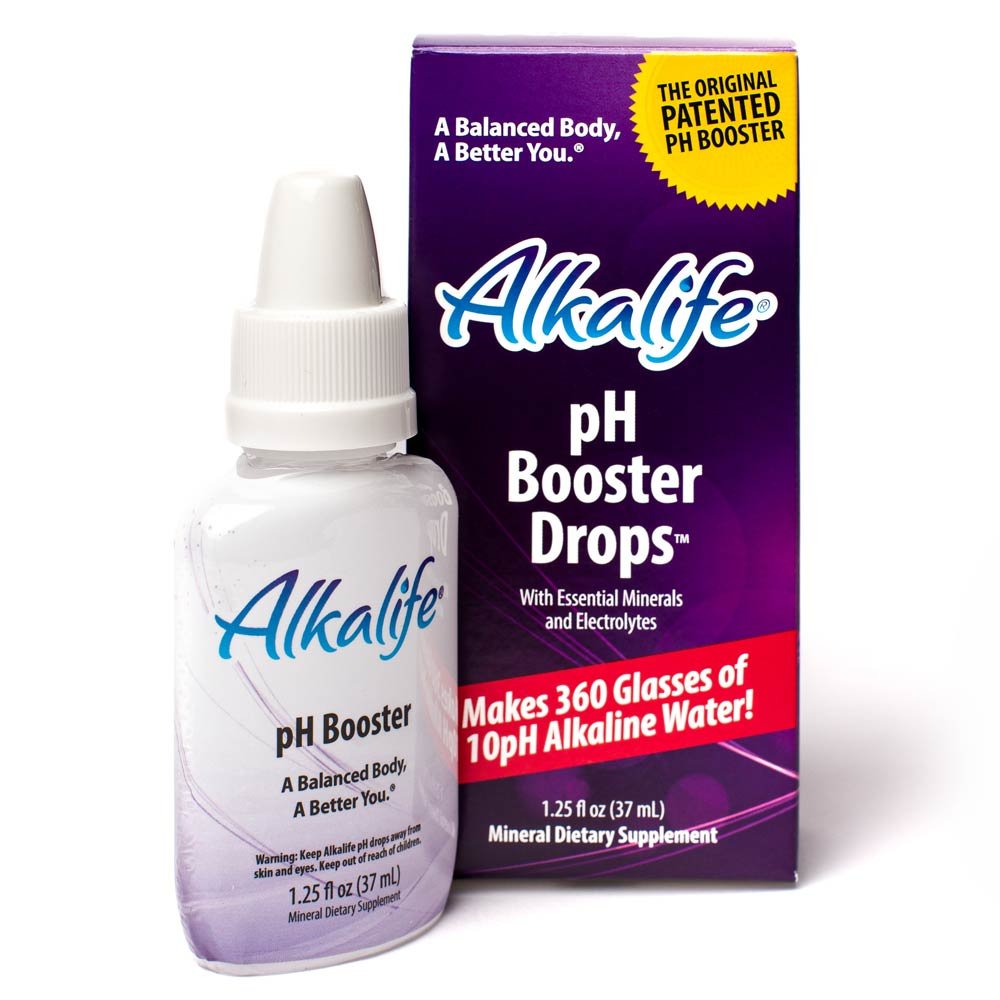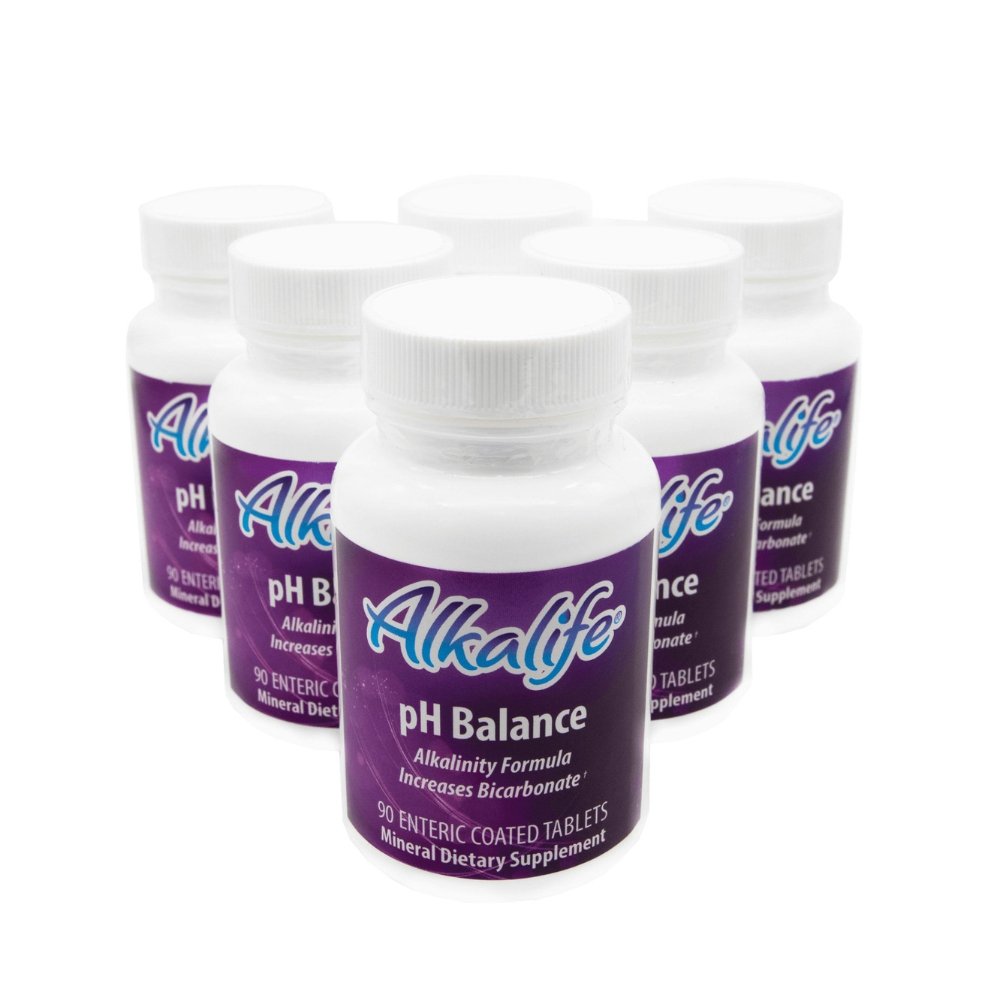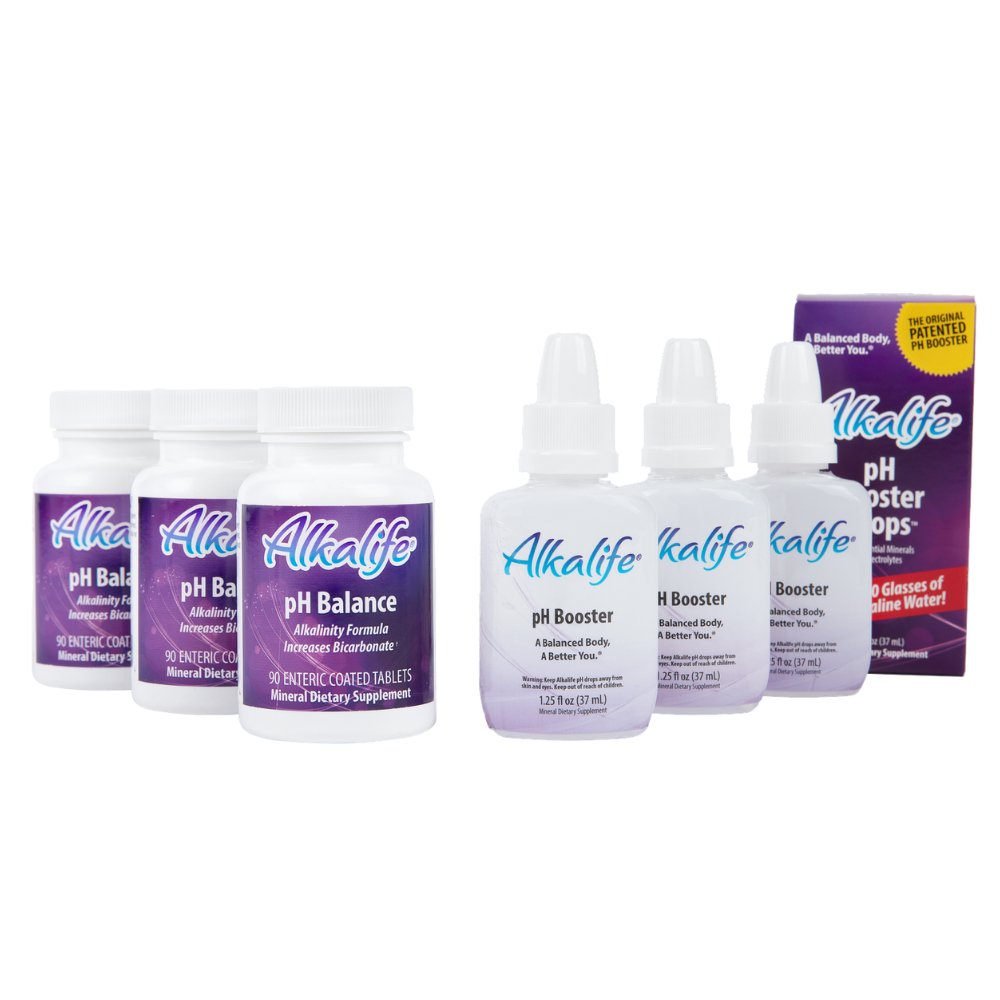Free US Shipping $49+ | 60 Day Money Back Guarantee | Shop Gift Gards for Last Minute Gifts
Free US Shipping $49+ | 60 Day Money Back Guarantee | Shop Gift Gards for Last Minute Gifts
Hydration and Your Body: Understanding Its Crucial Role
April 22, 2025 7 min read

Guest Author: Laura Watson
Water is often referred to as the elixir of life, and for a good reason. It plays an indispensable role in virtually every function of your body. From maintaining body temperature to ensuring the proper functioning of your organs, hydration is key to your overall well-being. Yet, despite its importance, many still underestimate the power of staying adequately hydrated, leading to a host of health issues.
Hydration is not just about quenching thirst. It's about keeping your body in optimal condition. Every cell, tissue, and organ in your body requires water to function correctly. Without it, your body's equilibrium can be thrown off, leading to both minor and severe health complications. Understanding hydration's crucial role is the first step towards embracing a healthier lifestyle. Moreover, adequate hydration is essential when undergoing infertility treatment.
In an era where beverages range from sodas to coffees, the simplicity of water can often be overlooked. However, it's essential to prioritize water intake and recognize its vital role in supporting bodily functions. As you delve deeper into this article, you'll discover the profound impact hydration has on your body and why you should make it a priority.
The Science behind Hydration: How Water Affects Your Body
At a cellular level, water is involved in numerous biochemical processes. It acts as a solvent, facilitating the chemical reactions that provide energy and sustain life. Water also transports nutrients and oxygen to cells, while removing waste products. Without adequate hydration, these processes can slow down or halt, leading to fatigue and decreased bodily function. Proper hydration is also crucial for kidney health. Water helps the kidneys clear sodium, urea, and waste products from the body, potentially lowering the risk of developing chronic kidney disease.
Hydration plays a pivotal role in regulating body temperature. Through processes like sweating, water helps dissipate heat, preventing overheating and maintaining homeostasis. This complex interplay between water and your body's systems underscores the importance of staying hydrated. Without sufficient water, your body's ability to perform these vital functions is compromised.

Moreover, water is also essential for maintaining the right electrolyte balance, which is crucial for nerve and muscle function. Electrolytes, like sodium and potassium, dissolve in water and create electric charges necessary for transmitting signals between nerves and muscles. A lack of hydration can disrupt this balance, leading to muscle cramps and impaired nerve function. Physiotherapists often emphasize the importance of hydration, as it aids in muscle function, joint lubrication, and toxin removal, all of which are vital for effective rehabilitation and recovery.
The Benefits of Staying Hydrated
Staying adequately hydrated offers a plethora of benefits that enhance your physical and mental health. One of the most immediate benefits is improved physical performance. Whether you're an athlete or someone who enjoys occasional exercise, proper hydration can enhance endurance, reduce fatigue, and lower the risk of injuries.

Furthermore, hydration is a key factor in maintaining healthy skin. Water helps to flush out toxins, keep skin hydrated, and maintain its elasticity. This can result in a healthier, more youthful complexion. By drinking enough water, you contribute to overall skin health, making hydration an essential part of your beauty routine. Proper hydration is also crucial for maintaining healthy skin. Consulting a skin specialist can provide personalized guidance on maintaining optimal skin hydration.
Mental clarity and cognitive function are also closely tied to your hydration levels. Dehydration can lead to decreased concentration, memory issues, and mood fluctuations. By ensuring you drink enough water, you support brain function, which can lead to better focus, improved mood, and sharper cognitive abilities.
Signs and Symptoms of Dehydration

Recognizing the signs of dehydration is crucial to preventing its adverse effects. Some of the early symptoms include dry mouth, fatigue, and headache. As dehydration progresses, you might experience dizziness, rapid heartbeat, and confusion. It's essential to heed these warning signs to avoid severe health issues.
In addition to these symptoms, dehydration can manifest through changes in urine color. Dark yellow or amber-colored urine is a common indicator that your body needs more fluids. Ideally, your urine should be a light yellow, which signifies adequate hydration levels.
It's important to remember that thirst is not always a reliable indicator of hydration status. By the time you feel thirsty, your body may already be on the path to dehydration. Being proactive and consuming water regularly throughout the day is key to maintaining optimal hydration levels.
Recommended Daily Water Intake: How Much Do You Really Need?

Determining the right amount of water you need daily can be influenced by various factors, including age, gender, climate, and physical activity levels. A general guideline is the "8x8" rule, which suggests drinking eight 8-ounce glasses of water a day, totaling about 2 liters or half a gallon. However, this is merely a starting point.
The National Academies of Sciences, Engineering, and Medicine recommends a daily water intake of approximately 3.7 liters (about 13 cups) for men and 2.7 liters (about 9 cups) for women. These recommendations include all beverages and food sources of water. Remember, individuals with more active lifestyles or those living in hot climates may need more.
While these guidelines provide a general framework, it's important to listen to your body's cues. Factors such as exercise, illness, pregnancy, and breastfeeding can all increase your water requirements. It's always best to adjust your intake based on your personal needs and the circumstances you find yourself in.
Best Sources of Hydration: Beyond Just Water
While water is the most straightforward source of hydration, there are other ways to meet your fluid needs. Many fruits and vegetables have high water content and can contribute significantly to your hydration. Foods like cucumbers, watermelon, strawberries, and oranges are more than 90% water and are excellent hydrating options.

Additionally, beverages such as herbal teas, milk, and natural fruit juices can be part of your hydration strategy. However, it's crucial to be mindful of their sugar content. Sugary drinks, like sodas and energy drinks, might provide fluids, but they can also lead to dehydration if consumed in excess due to their diuretic effects.
For those seeking variety, consider incorporating broths and soups into your diet. These are not only hydrating but can also provide essential nutrients, making them a healthful addition to your meals. By diversifying your sources of hydration, you can keep your fluid intake balanced and enjoyable.
Hydration and Physical Performance: Why Athletes Should Pay Attention

For athletes and those engaged in regular physical activity, hydration is particularly critical. During exercise, your body loses water through sweat, which can lead to dehydration if not replenished. This loss of fluids can result in decreased performance, increased fatigue, and a higher risk of heat-related illnesses.
Proper hydration helps maintain endurance, strength, and overall performance. It enables efficient temperature regulation, preventing overheating during intense activities. Hydrated muscles are also less prone to cramps and strains, making hydration a key component of injury prevention.
Athletes should develop a hydration strategy tailored to their specific needs. This might include drinking water before, during, and after exercise. In some cases, especially for endurance sports, incorporating electrolyte-rich beverages can help replace lost minerals. Paying attention to hydration can significantly enhance athletic performance and overall well-being.
The Role of Hydration in Skin Health and Appearance
Your skin is the largest organ in your body, and it requires adequate hydration to maintain its health and appearance. Water helps to keep skin supple, radiant, and less prone to dryness and flakiness. Dehydrated skin can lead to a dull complexion, increased fine lines, and a heightened sensitivity to environmental factors.

Proper hydration supports the skin's natural barrier, which protects against environmental toxins and pollutants. When this barrier is compromised due to lack of hydration, your skin can become more susceptible to irritations and infections. Drinking enough water can bolster this barrier, leading to healthier, more resilient skin.
Moreover, hydration promotes the detoxification process, flushing out impurities that can contribute to skin issues such as acne and irritation. By making hydration a priority, you're not only supporting your internal health but also enhancing your external appearance, leading to a more vibrant and youthful look.
Tips for Staying Hydrated Throughout the Day
Integrating hydration into your daily routine doesn't have to be challenging. Here are some practical tips to help you maintain optimal hydration:
Start Your Day with Water: Begin each morning with a glass of water to kickstart your metabolism and rehydrate after a night of rest.
Carry a Water Bottle: Having a reusable water bottle with you ensures that water is always within reach, making it easier to sip throughout the day.
Set Reminders: Use alarms or smartphone apps to remind you to drink water at regular intervals, especially if you tend to forget.
Incorporate Water-Rich Foods: Include fruits and vegetables with high water content in your meals and snacks.
Flavor Your Water: Add slices of lemon, cucumber, or mint to your water for a refreshing twist that can make drinking more enjoyable.
By incorporating these strategies, you can make hydration a seamless part of your daily life, ensuring your body receives the fluids it needs to function at its best.
Conclusion: Embracing Hydration for a Healthier Life
In conclusion, hydration is not just a matter of drinking water; it's a fundamental aspect of maintaining a healthy body and mind. By understanding the critical role water plays in your bodily functions, you can make informed choices to prioritize your hydration needs. From enhancing physical performance to improving skin health, the benefits of staying hydrated are vast and impactful.
Embrace the power of hydration by making small, consistent changes to your daily routine. Your body will thank you with improved energy, clarity, and overall health. As you move forward, remember that staying hydrated is a simple yet powerful way to support your well-being.
Also in News

Hydration and Mental Clarity: Does pH-Balanced Water Affect Focus
December 01, 2025 6 min read
Read More
From Sleep to Sweat: How Your Daily Hydration Impacts Overall Wellness
November 11, 2025 5 min read
Read More






